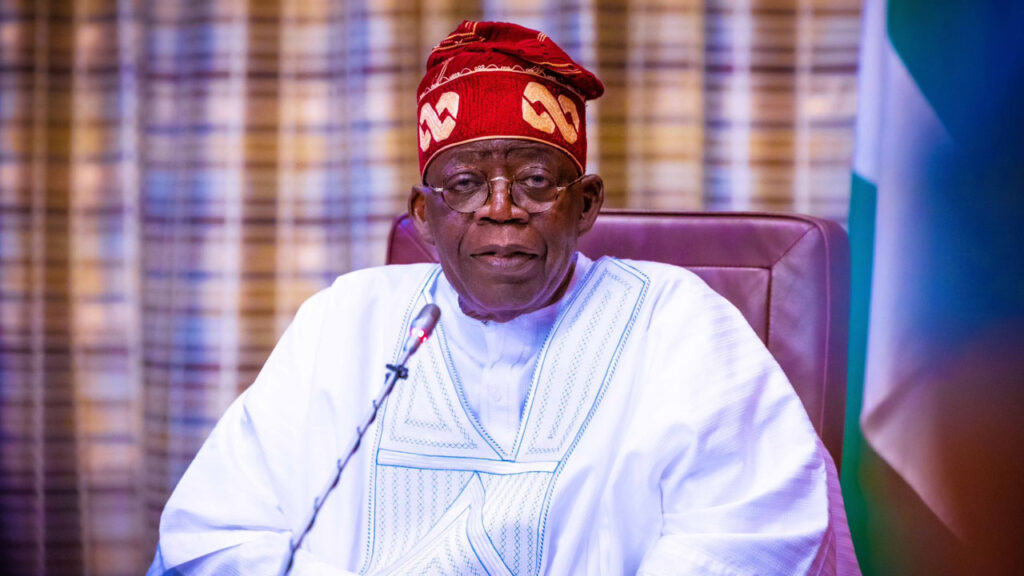
Nigeria was only able to attract a total of $3.91 billion in foreign capital inflow last year, the lowest since 2007, and $1.088 million in the fourth quarter of last year, new data from the National Bureau of Statistics (NBS) have revealed.
The manufacturing and banking sectors took the lion’s share of foreign investments between October and December last year, while the oil and gas sector continued its downward plunge. In the time frame, total capital importation into Nigeria stood at $1.088 billion, slightly higher than the $1.060.73 billion recorded in Q4 of 2022, indicating an increase of 2.62 per cent.
In comparison to the preceding quarter, capital importation rose by 66.27 per cent from $654.65 million in Q3 of 2023.
According to the report, production/manufacturing received $450 million capital inflow, representing 41.35 per cent of the total capital importation, followed by banking, which brought in $283 million or 26.03 per cent during the period.
Capital importation is foreign investments in a country’s economy and is made up of Foreign Direct Investment (FDI), Foreign Portfolio Investment (FPI), and other investments like trade credits, loans and currency deposits.
The document showed that other investments accounted for 54.64 per cent ($594.74 million) of total capital importation in Q4 2023, followed by portfolio investment with 28.46 per cent ($309.76 million) and Foreign Direct Investment (FDI) with 16.90 per cent ($183.97 million).
Lagos State maintained its position as the top destination in Q4 2023, with $771.68 million, accounting for 65.38 per cent of total capital importation, followed by Abuja, with $370.80 million (34.07 per cent) and Rivers State, with $6.00 million (0.55 per cent).
The International Monetary Fund (IMF), in its recent post-financing assessment report concerning Nigeria, commended the government’s courage in adopting two policy reforms – fuel subsidy removal and unification of exchange rates. It, however, noted that per-capita growth had stalled, with pervasive poverty and food insecurity worsening cost of living crisis.
Speaking in separate interviews, experts said considering the size of Nigeria’s economy, the inflow is peanut. Chief Executive Officer, Centre for the Promotion of Private Enterprise, (CPPE), Dr Muda Yusuf, said for a country that its monthly forex demand is close to $2 billion, the $1.088 billion generated in a quarter is like a drop in the ocean.
On his part, Eze Onyekpere, a fiscal governance professional, said the problem is not about how much the President spends or how many trips he makes overseas begging people to come and invest in Nigeria, but “about the macro-economic fundamentals and dynamics which information is available to every businessman in Europe, America or Asia.”













